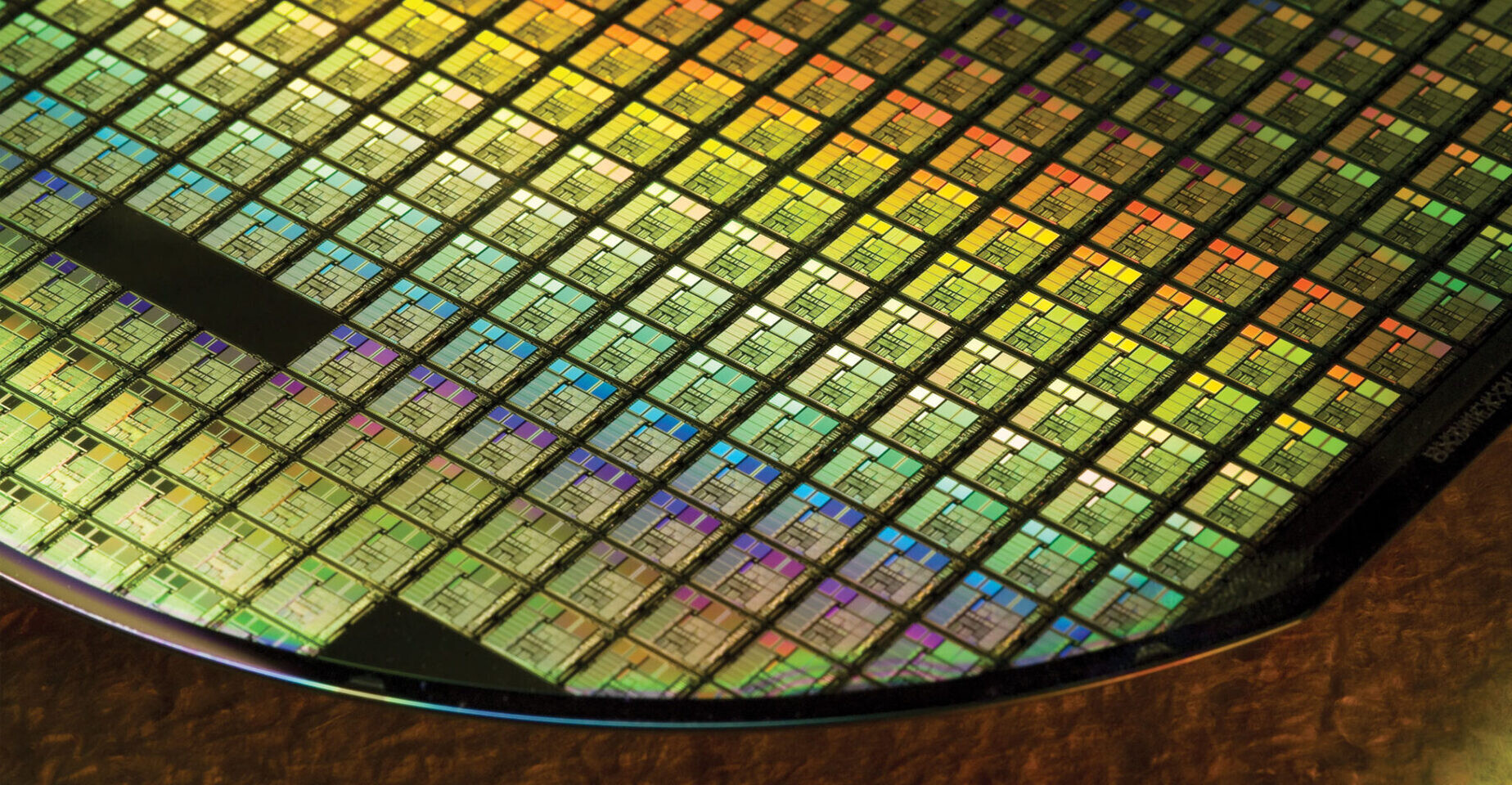The 3nm node, which is thought to be among the most advanced chip manufacturing technologies in the world, is currently being prepared for increased production by TSMC, and company representatives in Taiwan assured members of the press that their company would maintain its leadership position in the global semiconductor industry by utilising the next generation technology. The information was provided by Dr Y.J. Mii, senior vice president for technology and research at TSMC, and it was published by the United Daily News (UDN). Advanced 7nm and smaller device manufacturing methods need equipment that uses very ultraviolet light to print billions of tiny circuits in a short space. Only TSMC, Samsung, and Intel Corporation presently employ these machines, known as EUVs. Still, as chipmaking technology progress and circuit sizes continue to shrink, it will become more challenging for the chipmakers to use them. In the next phase of chip production, producers will use equipment with bigger lenses. High NA (numeric aperture) devices are what they are, and according to Dr Mii, his business will start using them in 2024. Given that the CEO also said that the 2nm manufacturing technique would begin mass production in 2025, TSMC will employ these machines to produce chips using this process. When his business gets the machines in 2024, another TSMC executive disclosed that initially, they would only be utilised for research, development, and cooperation before going ahead with mass manufacturing. Purchasing cutting-edge equipment is simply the first step in acquiring these essential capital assets; businesses must then collaborate with the only manufacturer, the Dutch company ASML, to modify the machines to their specific specifications. The 3nm technology used by TSMC has been the focus of some controversy this year because its competitor Samsung announced mass production in the first part of the year before it was ready, and market rumours suggested that TSMC would reduce capital spending because of order issues from Intel Corporation. Whatever the problems with 3nm production, it is reasonable to conclude that TSMC is committed to improving chip manufacturing technology based on the speculations around 2nm advancement.
